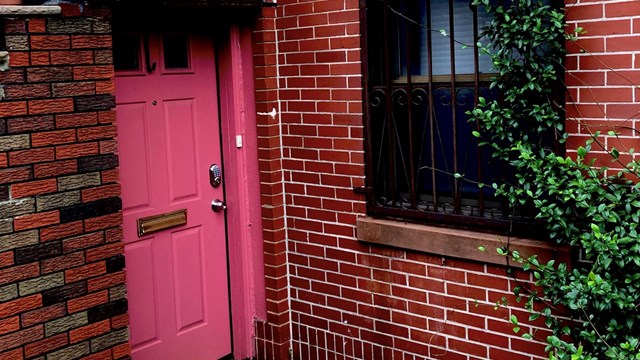Once upon a time, real estate auctions were solely for troubled properties. While the conventional stereotype of an auction is that of a vehicle to move distressed properties, the old scenario no longer strictly holds true. Today, real estate auctions provide an alternative to the traditional sales process, with an increasing number of sophisticated sellers and buyers choosing the auction route.
A real estate auction is an efficient and effective sales tool for both luxury and more modest co-ops and condos alike. Apartment auctions offer several distinct advantages. They work the same way as auctions for fine art and antiques, generating excitement and attracting a wide pool of potential buyers beyond the immediate geographic area. For example, the auction of a premier condominium residence at the Ritz-Carlton New York, Battery Park, generated more than 5,000 inquiries from all 50 states, as well as close to 1,800 international inquiries.
By attracting a variety of prospective buyers, an auction sets the fair market value and certainty of closing, because the buyer is able to submit a bid at the price they are comfortable paying. In some cases, an attractive minimum bid is used, creating value for buyers looking in the area and sparking additional interest. And unlike the conventional sales method, where a property can languish on the market for an extended period of time, an auction provides a firm date on which a sale is going to occur.
All of these benefits are enhanced in a cooling real estate market. According to the Douglas Elliman 4th Quarter Manhattan sales report, 2016 was a “lackluster” year relative to the “frenzy” of the past several years. Sales decreased and inventory increased, with properties on the market longer and more room for negotiation.
If there are apartments on the market in your building, the owners may be considering an auction, particularly in this sales climate. Should one of your unit owners or shareholders wish to proceed with an auction, here are three important facts you need to know.
Auctions attract qualified buyers. While efficient in its sales strategy, the auction has some barriers to entry. Prospective buyers undergo a process of due diligence in order to participate in the auction and bid on the property. In addition to undergoing a review of the due diligence information, they must attend the auction with the necessary amount of certified funds. Bidders are required to come to the auction with a certified or cashier’s check equivalent to an amount set by the auctioneer, which could be $250,000 or more in certified funds. Upon winning the bid, the buyer then signs the purchase agreement, which has already been reviewed, and the deposit is submitted along with the agreement. The winning bidder has to deposit a total of 10 percent of the purchase price within three days of acceptance or risk being in default of the contract and losing the initial earnest money amount. The auction is designed to help buyers make a ready, willing and able buying decision in a short period of time.
Auction companies will work with you on approval. Co-op board or condo association requirements vary. Reputable auction firms will work with your board or association on the approval process. For example, prior to the auction, the co-op or condo application, if required, can be included in the due diligence package for potential buyers and submitted prior to the auction. Also, in preparation of the auction, buyers can be asked for financial statements in order to become a qualified bidder. Our firm has even worked with boards to have bidders pre-approved before auction day.
The auction process is open and transparent. One of the most positive aspects of a real estate auction is its transparency. Buyers gather in a room, and see the bidding in real time. That same level of transparency also extends to boards and associations. Board and association members need to be comfortable with the process. For example, our procedure is to meet with everyone on the board or in the association to acquaint members with each step of the auction process, so that everyone is aware of how it all works and confident the value of their building will be maintained.
Contrary to conventional wisdom, there is no stigma with a residential auction. An auction poses no risk that the property will be sold below market value – and in fact, the price could go higher than market. An auction is a tool to establish the market. By bringing together a large group of buyers at one time to actively bid, that establishes the market for the property. With the traditional “bidding wars” easing for New York City real estate, boards and associations should have no qualms if owners or their brokers choose an actual auction to facilitate the sale.
Jonathan Cuticelli is director of project management and principal auctioneer at New York-based real estate auction firm Sheldon Good & Company. Founded in 1965, Sheldon Good is one of the oldest firms in the business.






Leave a Comment